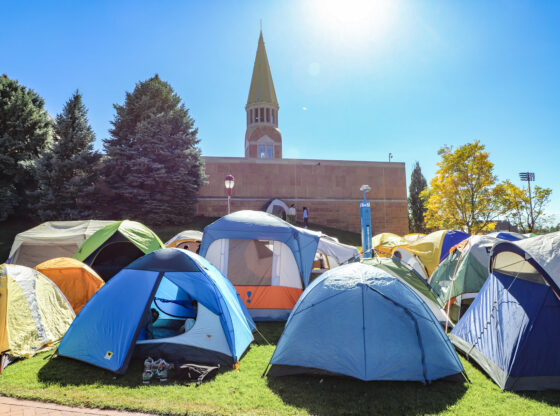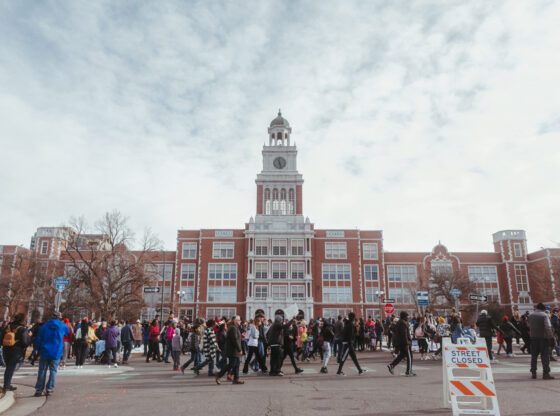In 1940, an idea to connect one of Colorado’s premier ski resorts with Denver via train was ambitious and unheard of in this part of the world.
ski train traveled back and forth for almost 70 years, ferrying passengers along a scenic winter journey from Denver’s Union Station, through the mountains and under the Continental Divide where it made its last stop in Winter Park. However, in the crumbling economy of 2009, the train halted its service.
The announcement of the end of the ski train was marked with sadness in the Colorado ski community. The train represented the ethos of a state that had wholly embraced the ski industry and the sense of community. When the ski train stopped its service, it left a dark shadow over one of Colorado’s premier attractions.
This year, however, the train is back and it couldn’t have picked a better time.
The economic world of 2009 is but a mere memory in Denver and the state. The train now departs from a completely revamped Union Station in one of Denver’s most bustling and “hot” neighborhoods, and as it skirts its way through the Rocky Mountains, it helps to ease the congestion that clogs the I-70 corridor.
The train, in this way, represents the new Denver. It’s classy but egalitarian; it’s also greener and healthier than the 500-some cars that it replaces and it is, most importantly, a perfect symbol for the cocktail mix of old and new that Denver and the state at large has embraced.
One could romanticize the return of the ski train forever, but the train isn’t just a great symbol for Denver, it’s also a practical way of reaching the mountains and enjoying some of Colorado’s greatest skiing. The train travels Saturdays and Sundays, as well as MLK Day and President’s Day.
The ski train departs Denver’s Union Station at 7 a.m. and arrives at Winter Park at 9 a.m. The train leaves the mountains at 4:30 p.m and arrives back in Denver by 6:40 p.m. Tickets are sold on a first-come first-serve basis, with the cheapest tickets going the quickest. Prices range from $39 for a one way ticket, increasing to $49 and $59 as the tickets start to sell out.
Prices are largely the greatest negative aspect when it comes to the ski train: it’s not very cheap.
The ski train isn’t really meant for the Weekend Warrior or the intrepid, 40-days-a-year skier. It’s more an alternative to driving for those who maybe are only skiing one weekend a year, or the out-of-town tourists who can enjoy not worrying about having to drive, especially as the tickets can be purchased on a week-long basis (go up Saturday, leave the following Saturday).
So, for the average college student who likely has the Epic Pass (which does not include Winter Park Resort, as Winter Park is on the Colorado Superpass), the ski train is, for a lack of better words, useless.
However, if you somehow win the lottery or come into a good amount of money—Winter Park lift tickets are $115—the train would be a great adventure for those with a sense of romance about skiing and the adventures the sport brings.
Nevertheless, one should celebrate the return of the ski train, even if it’s unattainable to the average Colorado skier, as it is an amazing symbol of both Denver’s boom and the glory of Colorado’s ski industry.











